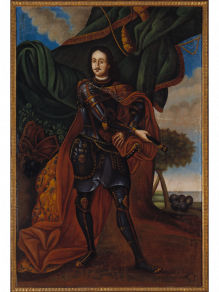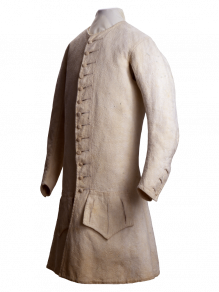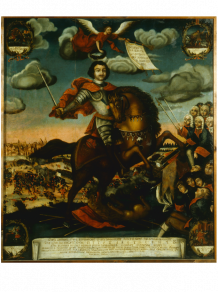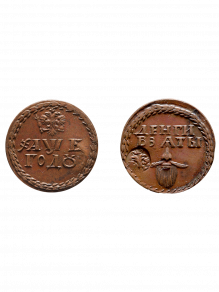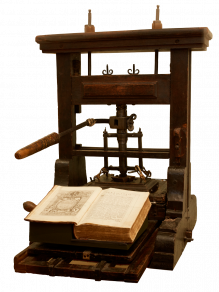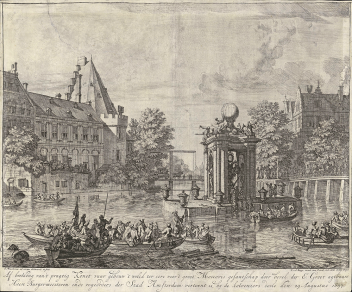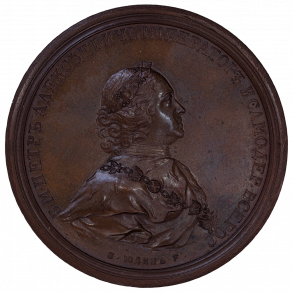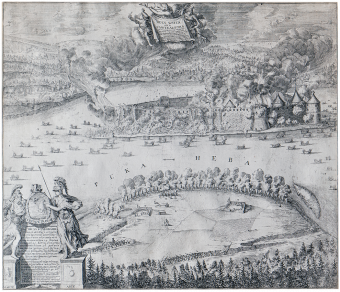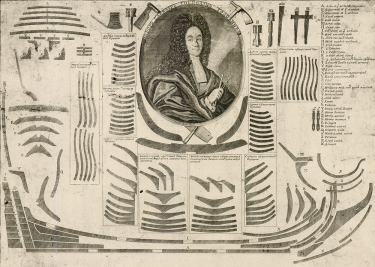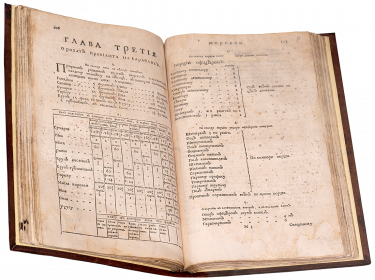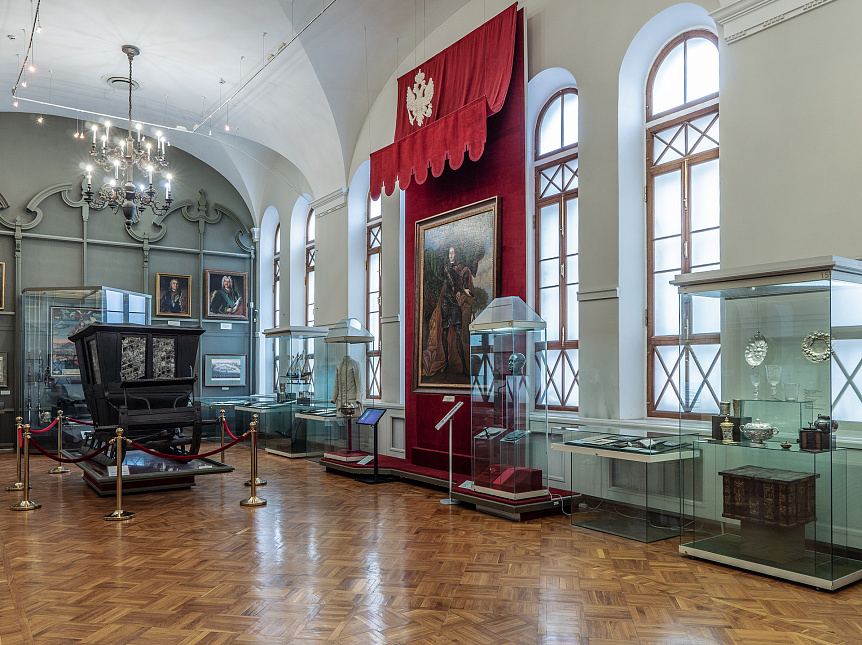Russian Empire in the era or Peter the Great. First quarter of the 18th century

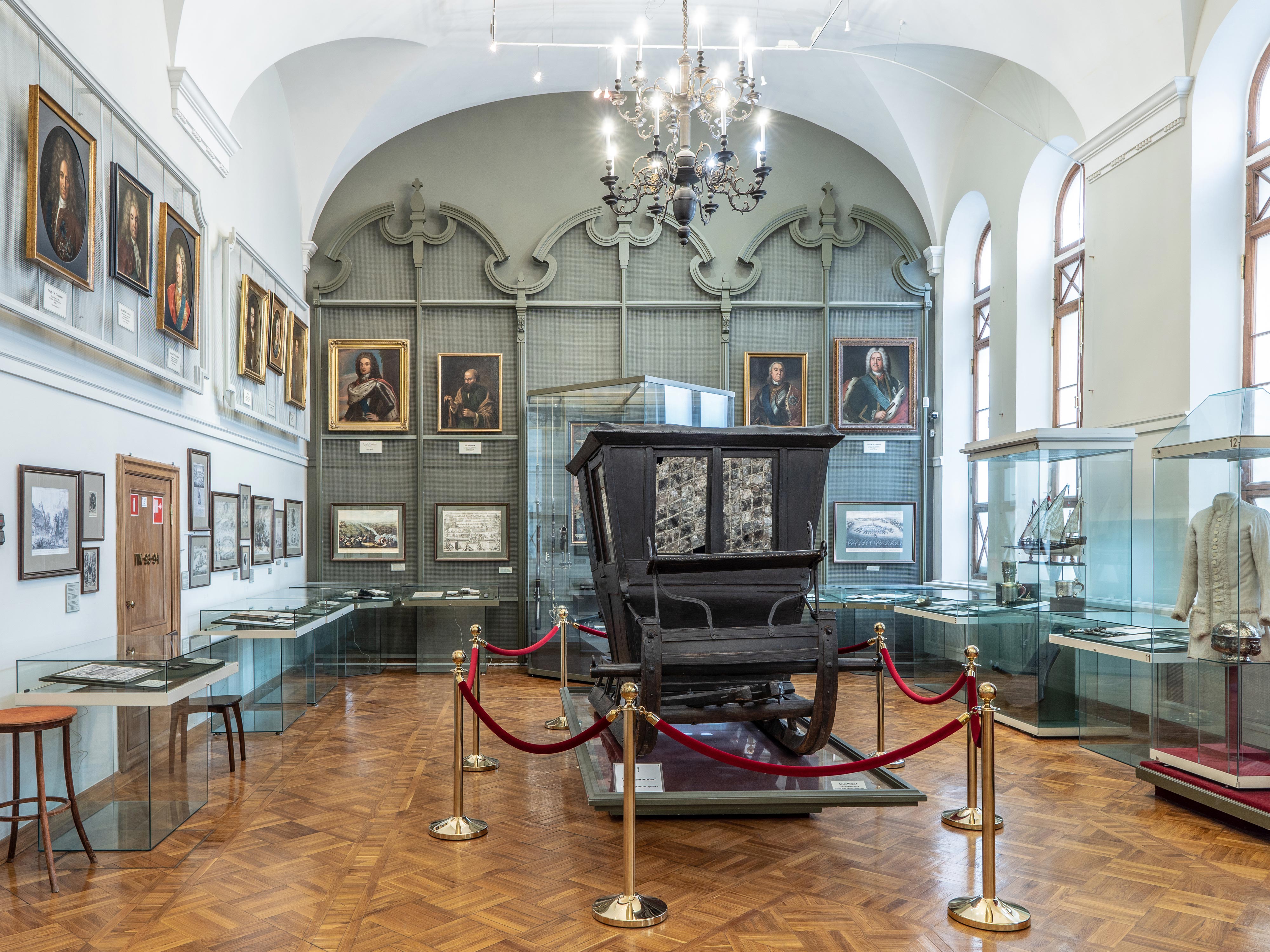
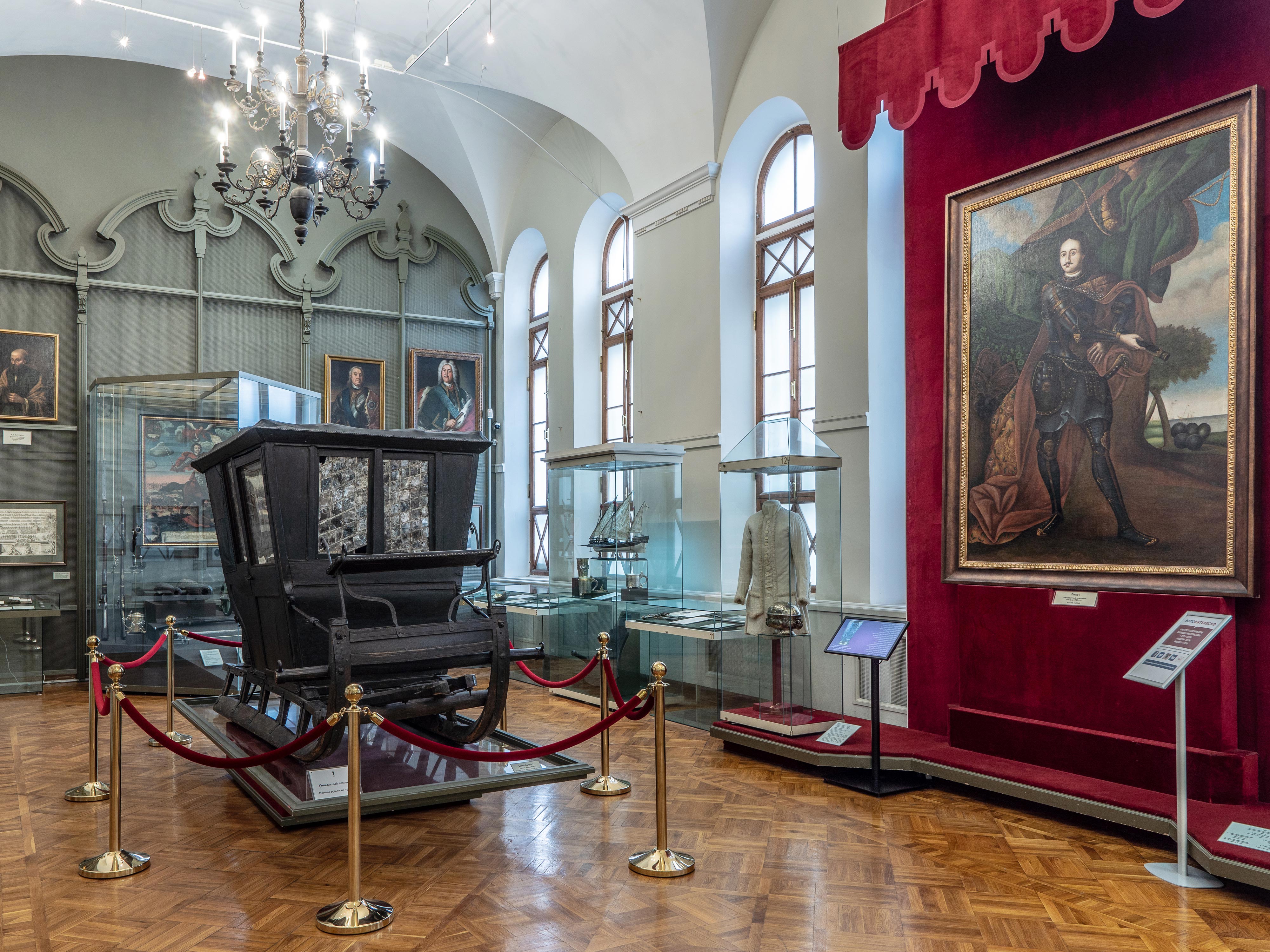
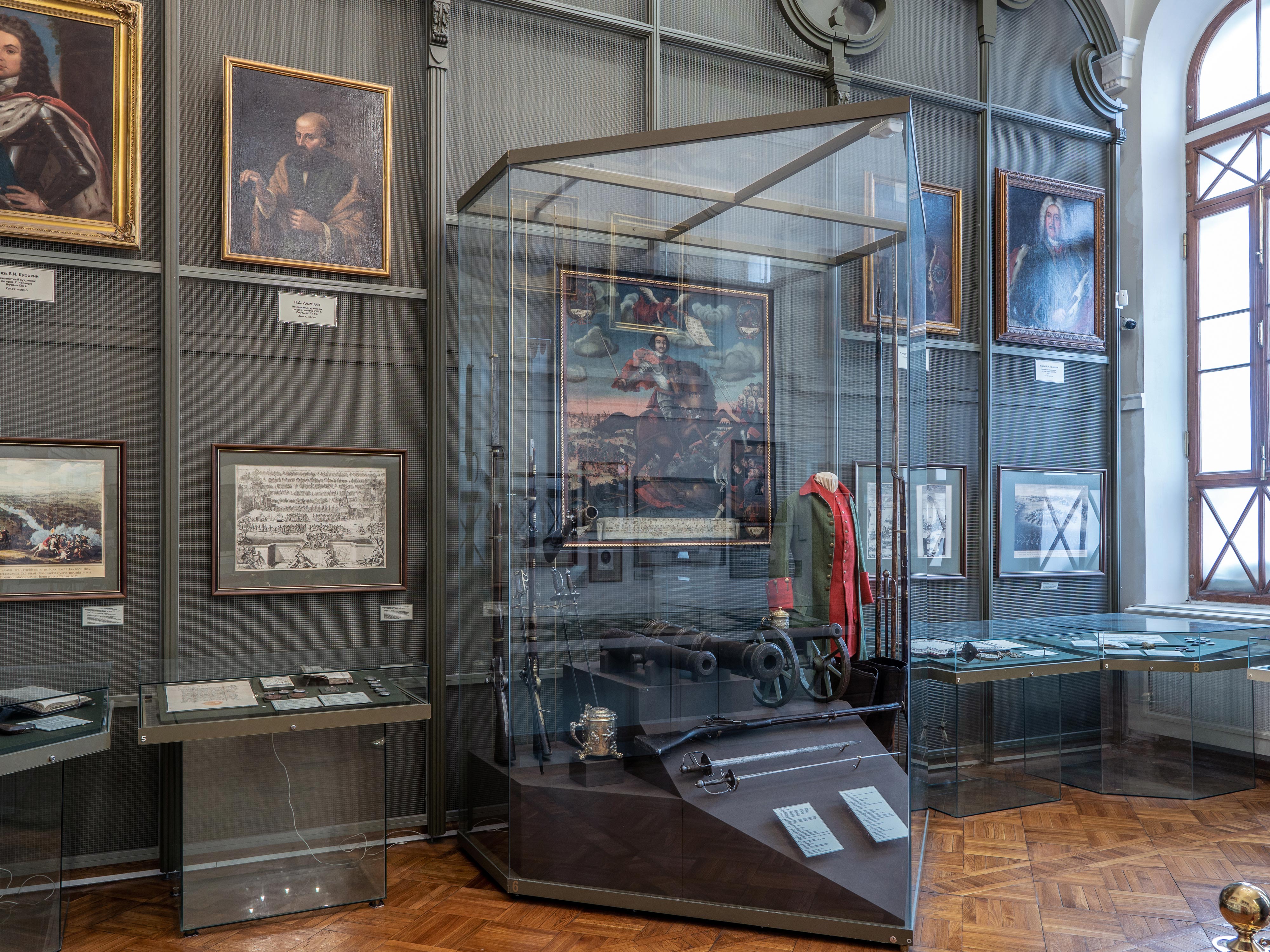
Reforms of Peter the Great (1672–1725) opened a new era in Russian history. Russia has become an Empire, its role in international Affairs has increased. The changes defined the development of the country for a long period and affected all spheres of life – state structure, military affairs, industry, culture and education, the changed have transformed the way of life and appearance of the Nobility and the top of the merchant class.
The Northern war of 1700–1721 for access to the Baltic Sea had begun with the defeat of Peter’s I army at Narva, and had ended with the signing of the Nystad Treaty, which brought Russia to the forefront of European politics, confirming its status as a Maritime power. Victories on land and at sea would not be possible without a radical reform of the army and creation of the fleet, the Navy; construction of new industrial facilities, cities and fortresses.
The construction of the new capital of Russia on the conquered Baltic coast – St. Petersburg, became a symbol of the era of transformations.
For persistent tasks were carried out reforms of the State Government: the Ruling Senate became the highest management body; Collegium became a new institution of supervision and replaced the old style Prikaz; spiritual matters became the responsibility of the Synod. The Patriarchate was abolished.
In the first quarter of the XVIII Century were established foundations of secular education in Russia: were opened first specialised educational institutions, hundreds of young noblemen went to study abroad. The goals of mass education were provided by mathematics and diocesan schools in provincial cities and garrison schools for soldiers’ children.
Peter's era was filled with acute contradictions, social and cultural conflicts. The brunt of the reforms was carried on the shoulders of the taxpaying, "sneaky" classes – the peasants and the townspeople. The mechanical transfer of cultural stereotypes of the West, especially sharp and violent changes in everyday life, contributed to the "civilizational gap" between the "top" and the "bottom" of Russian society.
Transformations of Peter I caused ambiguous attitude of his contemporaries. Supporters of the old way of life rallied around Tsarevich Alexei Petrovich (1690–1718). Their plot was uncovered, and the Prince was convicted, he soon died in prison. The Charter of succession (1722) proclaimed the Emperor's right to appoint an Heir of his own accord, which influenced the further course of the political history of Russia in the 18th Century.
In winter of 1725, Peter the Great died in the newly built Winter Palace in St. Petersburg, leaving his inheritors a renewed state, The Russian Empire.
